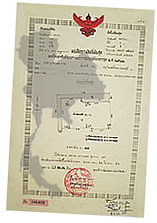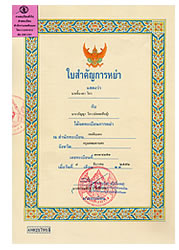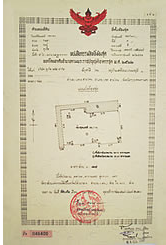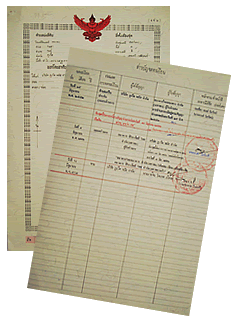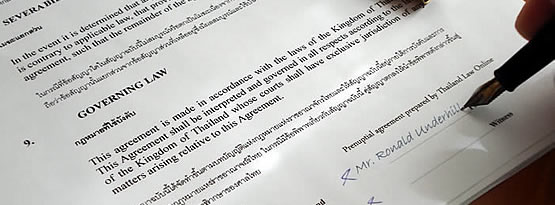Foreign Ownership
buying an apartment unit
Thai condo laws define a 'condominium' as a building that can be separated into units for individual ownership and includes common properties (land on which the building sits, hallways, elevators, etc.). Only condominium buildings licensed under the condo act and registered with the land department as 'condominium' offer individual ownership of the units and joint ownership of the common areas and government issued ownership unit title deeds. Private 'holiday' apartment projects, not having obtained a condo license, do not offer ownership of the unit spaces nor joint ownership in the common areas, but only offer possession under private contract structures.

